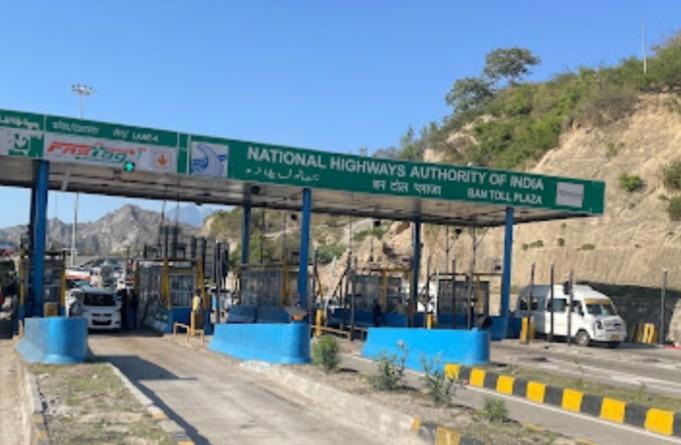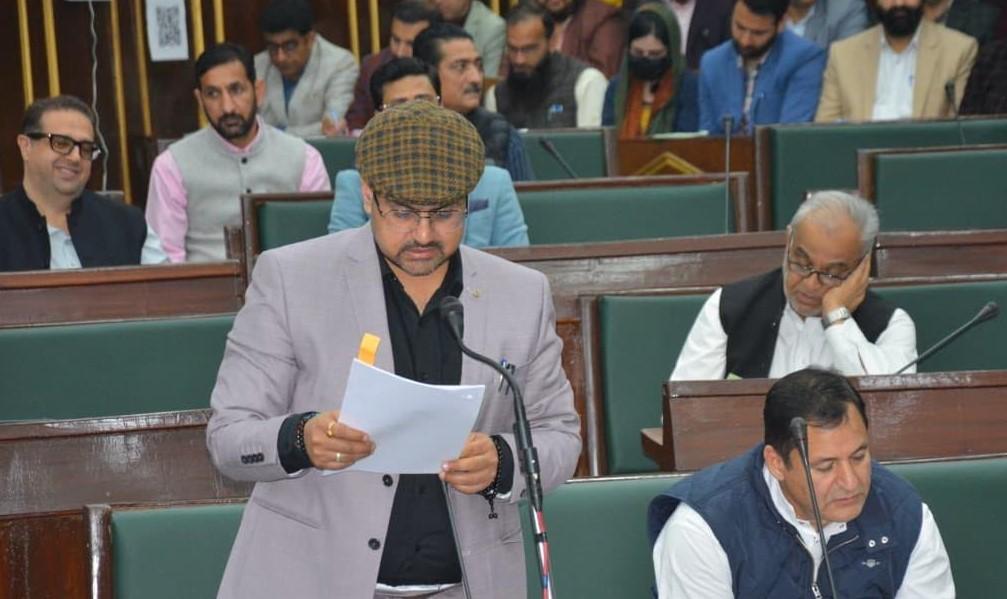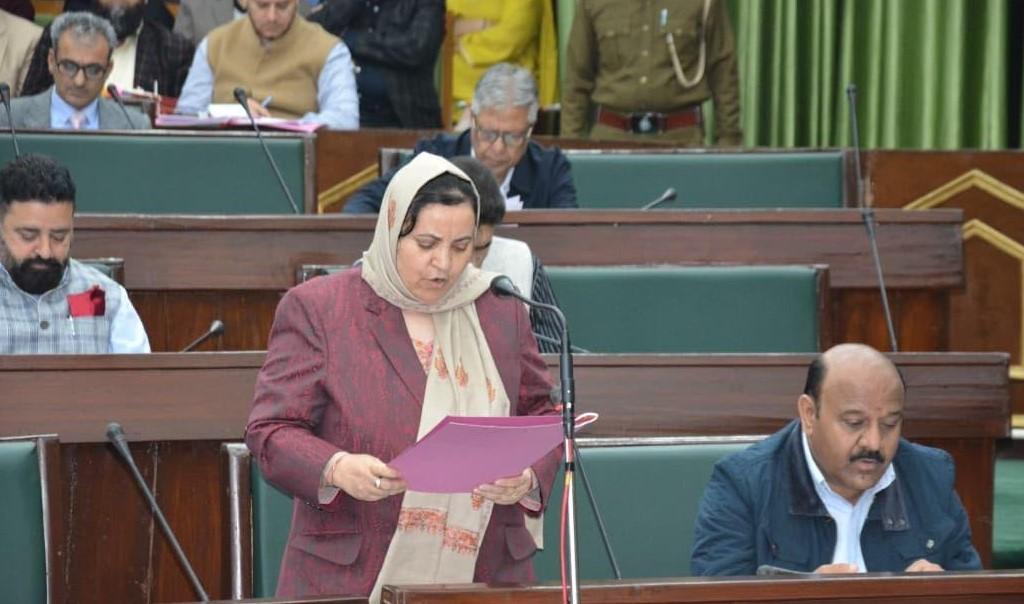
Supreme Court Stays Jammu Kashmir High Court Order Slashing Toll Fees by 80 per cent at NH-44 Plazas
The Supreme Court on Tuesday stayed a Jammu and Kashmir and Ladakh High Court order that had drastically reduced toll charges by 80 per cent at the Lakhanpur and Bann toll plazas on National Highway-44, even as the road construction remains incomplete.
A bench comprising Justice Abhay S. Oka and Justice Ujjal Bhuyan passed the interim order while hearing a Special Leave Petition filed by the National Highways Authority of India (NHAI), challenging the High Court’s March ruling.
The apex court allowed NHAI to continue collecting toll at 75 per cent of the standard rate, as permitted under Rule 4(9) of the National Highways Fee Rules, 2008.
“There will be a stay of this order,” the bench stated, issuing notice and listing the matter for a detailed hearing on May 19, 2025.
Solicitor General Tushar Mehta, appearing for NHAI, told the court that the reduction already implemented under Rule 4(9) allowed for a 25 per cent cut in toll charges during the ongoing upgradation of the highway from four to six lanes. “Then what will be the toll applicable?” Justice Oka asked. Mehta responded that the reduced 75 per cent rate would remain in effect.
The High Court’s original decision had come in response to a Public Interest Litigation (PIL) highlighting the poor condition of the Lakhanpur-Udhampur stretch, which, according to the petitioner, remains nearly 70 per cent incomplete despite construction starting in 2021. The PIL had demanded a suspension of toll collection at Lakhanpur, Thandi Khui, and Bann plazas until the Delhi-Amritsar-Katra Expressway becomes fully operational.
The High Court had strongly criticised the collection of full toll charges amid ongoing roadworks, noting that commuters were not receiving fair value. Instead of addressing the grievances, authorities had increased tolls, the court observed.
Its ruling included sweeping directions: toll at Lakhanpur and Bann plazas was to be reduced by 80 per cent from pre-January 26, 2024 rates; toll influence length between the two plazas was to be rationalised; and plazas violating the minimum 60-km distance rule were to be reviewed and possibly removed. Additionally, the Union Ministry was instructed to review and reduce toll charges nationwide within four months, and to ensure that no toll employees had criminal backgrounds, mandating police verification for all staff.
In its plea, NHAI argued that toll rates are governed by central rules and the High Court had overstepped its jurisdiction. The petition was filed through Advocate-on-Record Nishant Awana.
With the interim stay now in place, full arguments on the legality of the High Court’s directions are expected to be heard in May.



